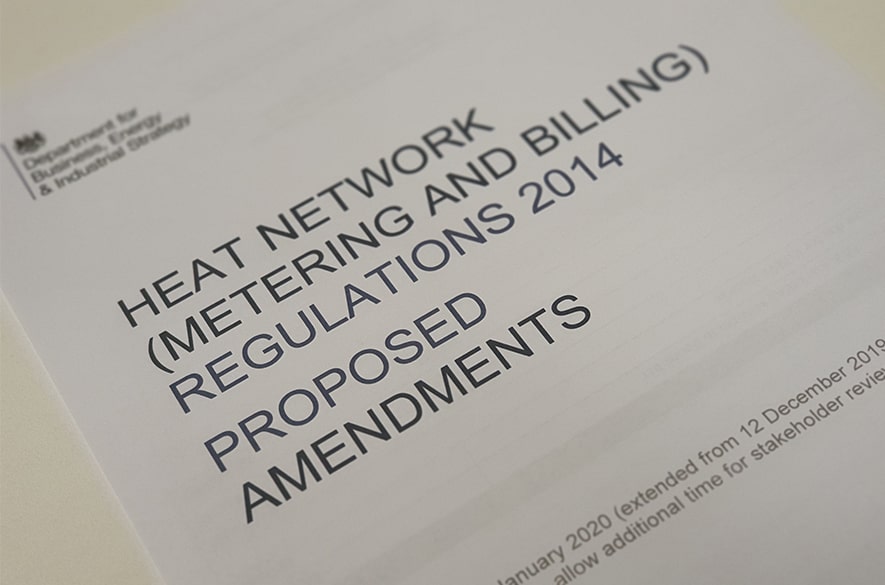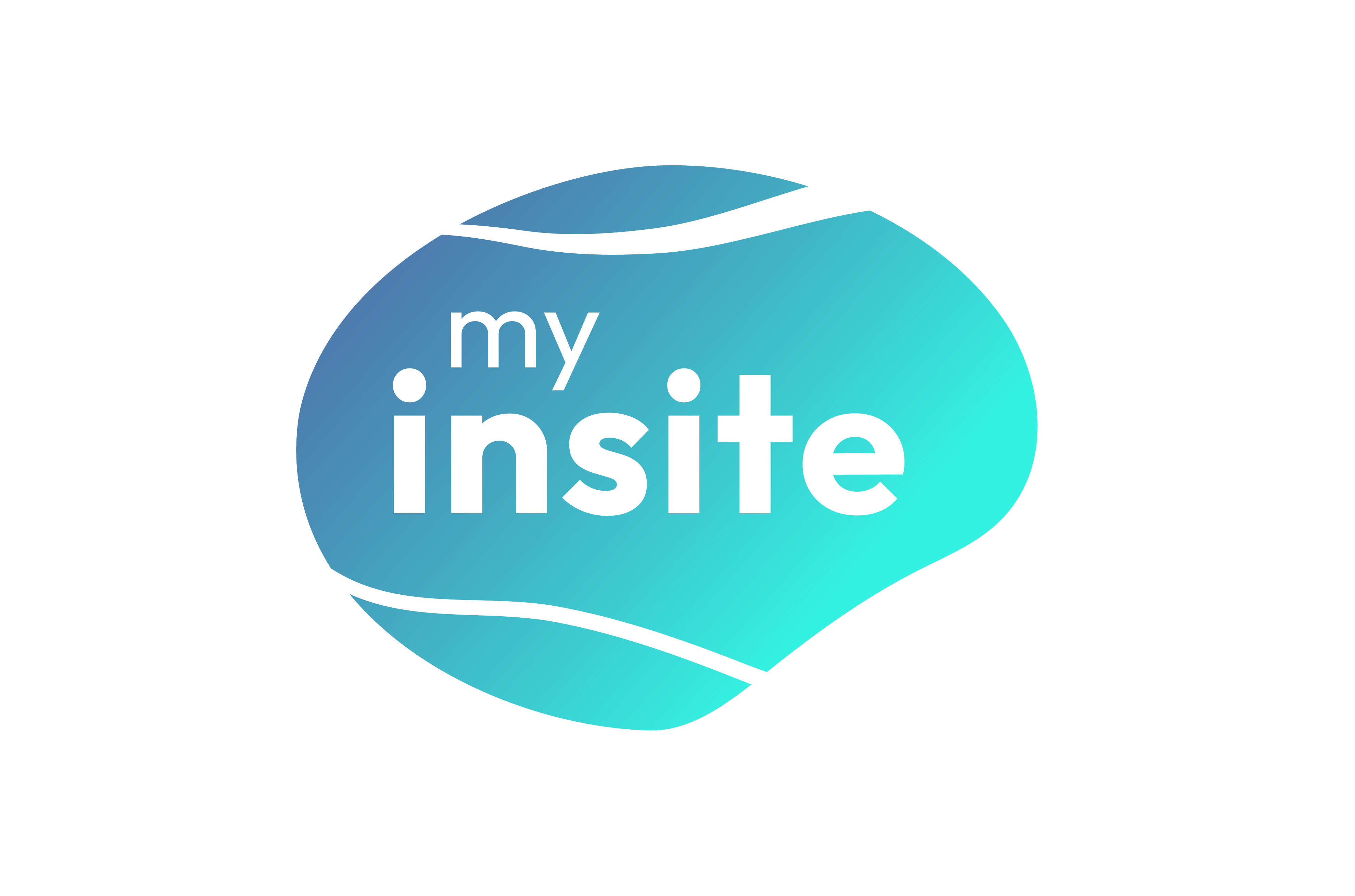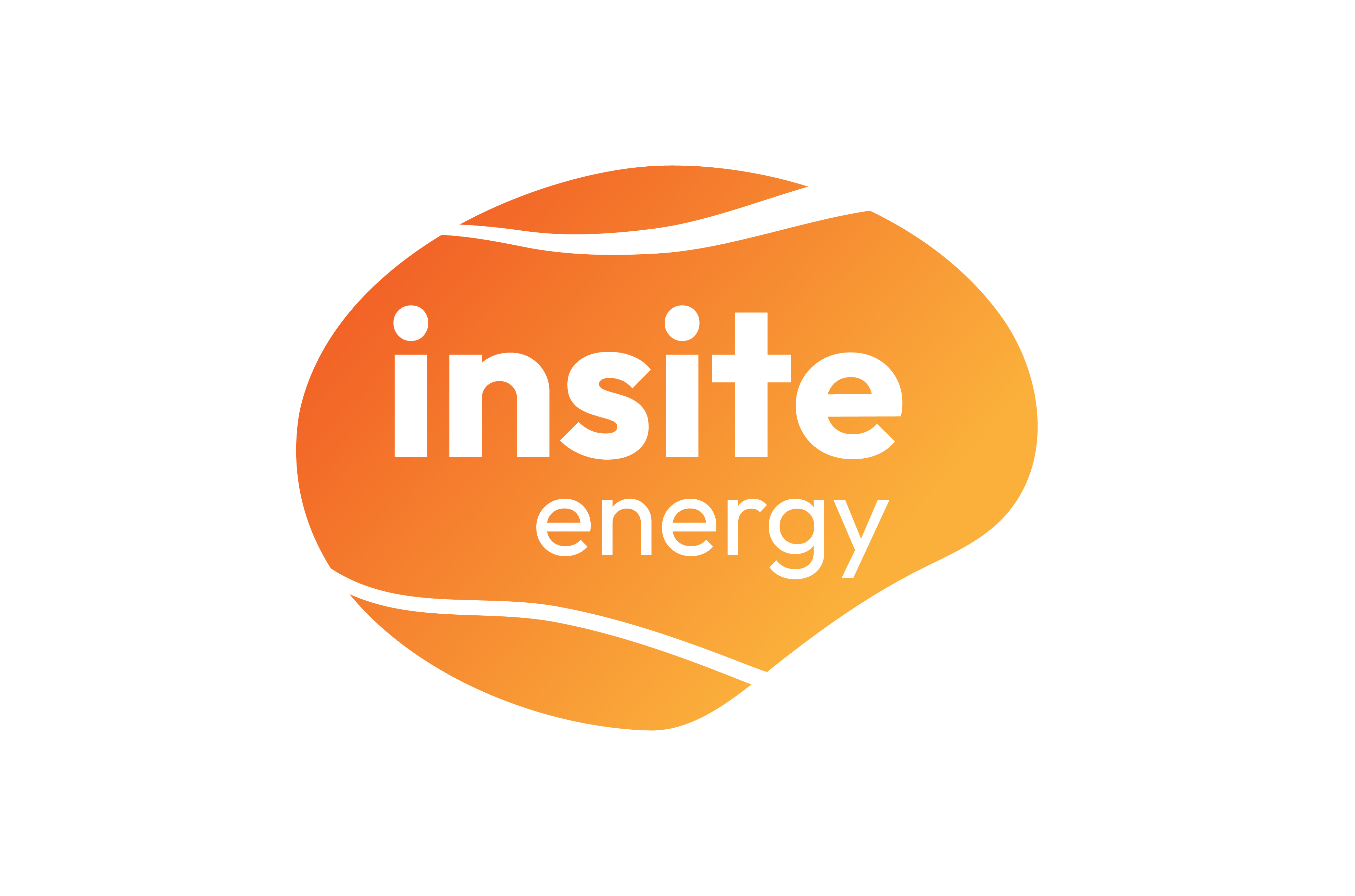
Insite Energy urges caution over proposed new heat network regulation timelines
19th December 2019Written by Gareth Copland, Client Services Director at Insite Energy
In October, the Department for Business, Energy & Industrial Strategy (BEIS) unveiled some long-awaited proposed amendments to the existing Heat Networks (Metering and Billing) Regulations 2014. They are designed to ensure that where technically feasible and cost-effective, final consumption metering devices are installed on heat networks, and that billing is based on consumption. This spells major changes for the estimated 342,000 (domestic and non-domestic) unmetered heat network properties in the UK that could require retrofitting. Specifically, the government proposes the introduction of three building classes (‘Viable’, ‘Exempt’ and ‘Open’) that will determine a building’s viability status. A further consultation is now taking place on the proposed updated methodology and an associated tool for assessing the cost-effectiveness of meter installations for buildings in the ‘Open’ class.
As heat metering, billing and payment specialists for the heat network sector, we believe that improved standards on metering and billing are long overdue, to ensure all residents of heat networks are billed accurately for their consumption, where feasible. We are supportive of these updates to improve customer awareness and protection.
However, we urge BEIS to be mindful of the ambitious six-month implementation period it has proposed, within which heat suppliers should carry out their viability assessment(s), install heat metering devices and begin the resultant delivery of consumption-based billing. High quality standards and correct execution must be the focus for an undertaking of this scale. Our sector needs sufficient time in which to deliver these projects. Consider the additional demand on manufacturers for heat meters, and for installers of new metering systems, to retrofit into approximately 239,400 properties within six months; that figure reflects a believed capture goal of 70% of unmetered heat network properties in the UK. Given the five-year wait for a plan and the size of the task, we do not see the need for this to be rushed.
We are concerned about the risk of inexperienced parties entering the industry and carrying out poor meter installations with sub-standard equipment, which could cause greater issues further down the line. This happened in recent years where inexperienced manufacturers of Heat Interface Units (HIUs) entered the market. In turn, this became a major driver in the introduction of new initiatives to improve industry standards such as the CIBSE Code of Practice, Heat Trust and the UK test standard for HIUs, administered by BESA.
Whilst the new proposed model for assessing economic and technical feasibility of heat meter installation is an improvement on the existing tool, further work is required to ensure all assumptions – such as 90% network efficiency, and the contributing parameters impacting feasibility, including alternative fuel prices, and varying life expectancies of heat meters – are considered. Without this, in its current state, the assessment criteria are too vague, and we lack confidence that this new model will capture the targeted percentage. There is a strong likelihood of perfectly viable schemes being classed as ‘Exempt’.
As the primary point of contact for 28,000 residential units attached to heat networks in the UK, our experience tells us that all parties need to be aware of the potential negative impact on vulnerable residents of introducing precise billing based on individual consumption, where this is a new concept to them. Insite Energy supports landlords with the necessary tools to assist with the introduction of accurate billing, new tariffs and payment plans to customers in a considerate way, acknowledging that residents may find themselves distressed by changes in their billing.
Insite Energy sees these amendments as a positive move for the industry, improving the visibility of energy consumption to heat suppliers and the transparency and fairness of billing for individual usage to consumers, but we stress the need for good management of their implementation. We have submitted our feedback to the consultation and have supported the industry response submitted on behalf of The Association of Decentralised Energy (ADE), and welcome our local authority, housing association, managing agent and developer clients to get in touch to discuss further.


